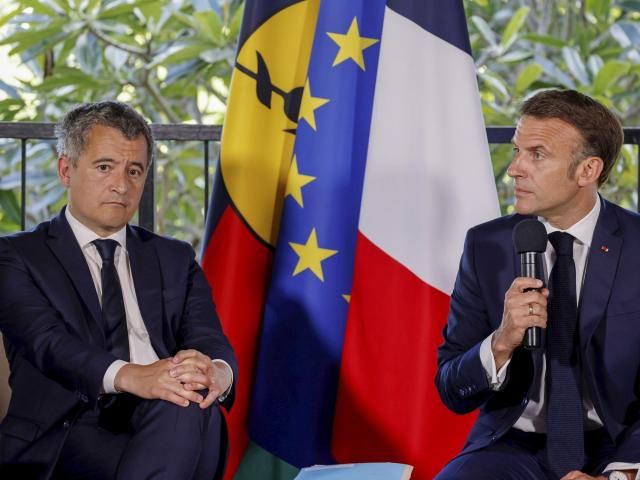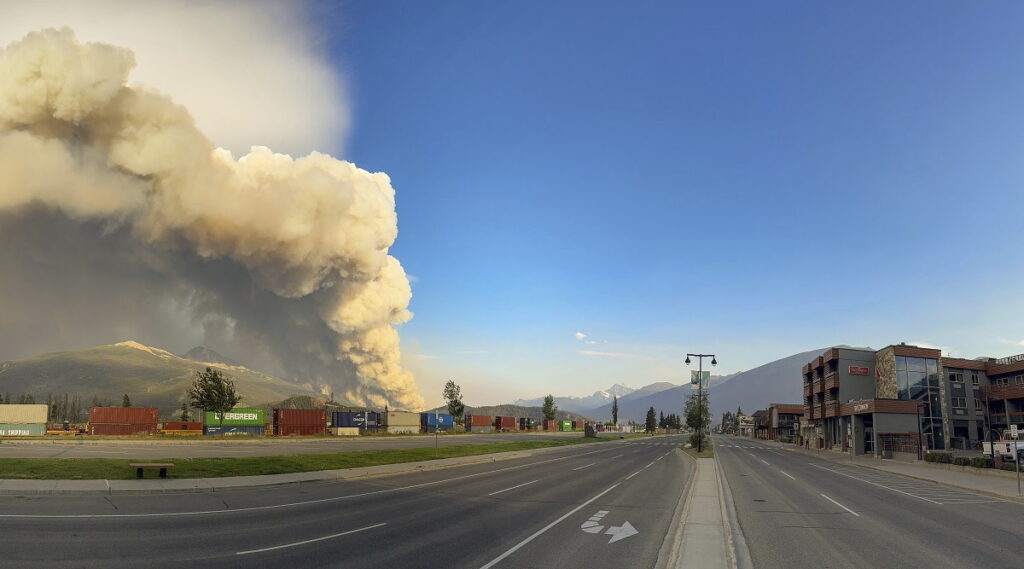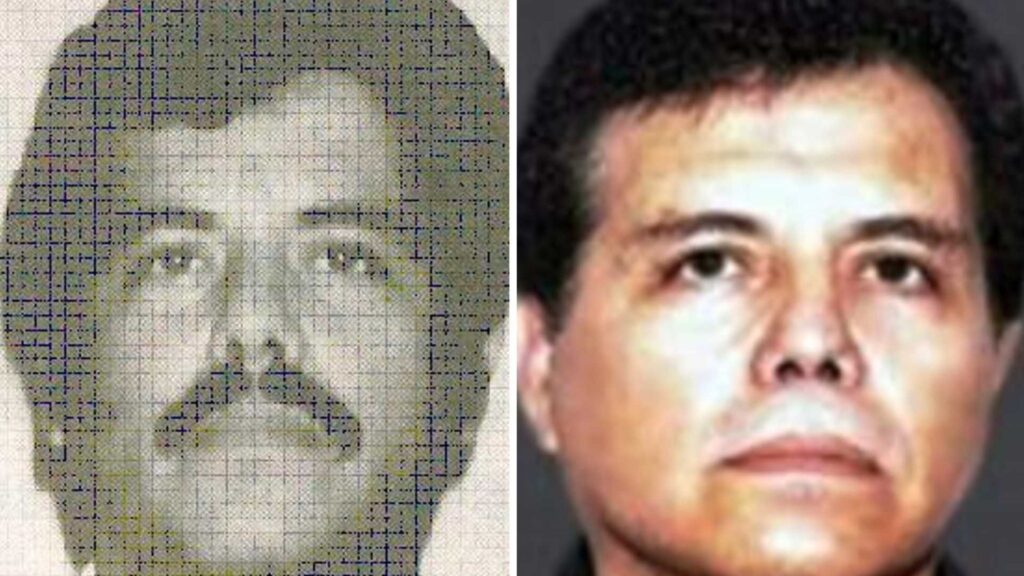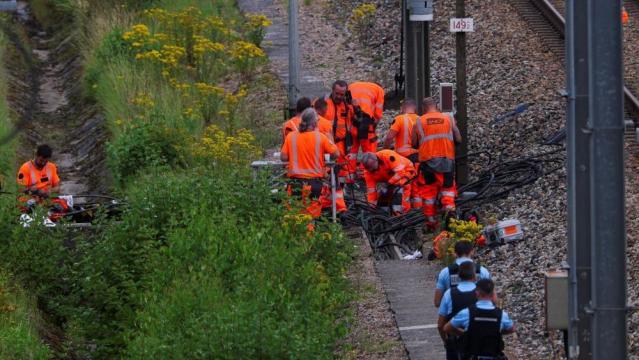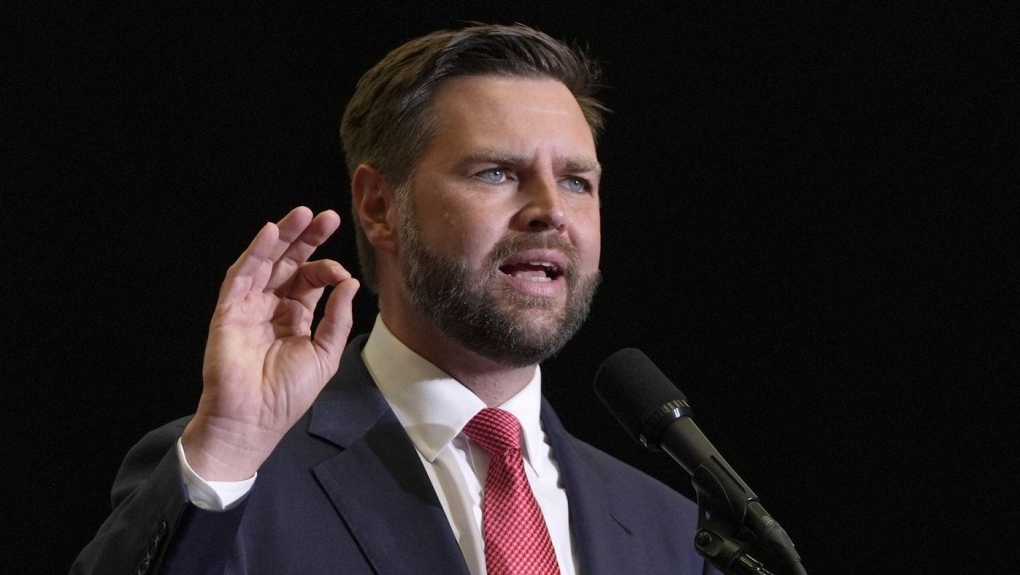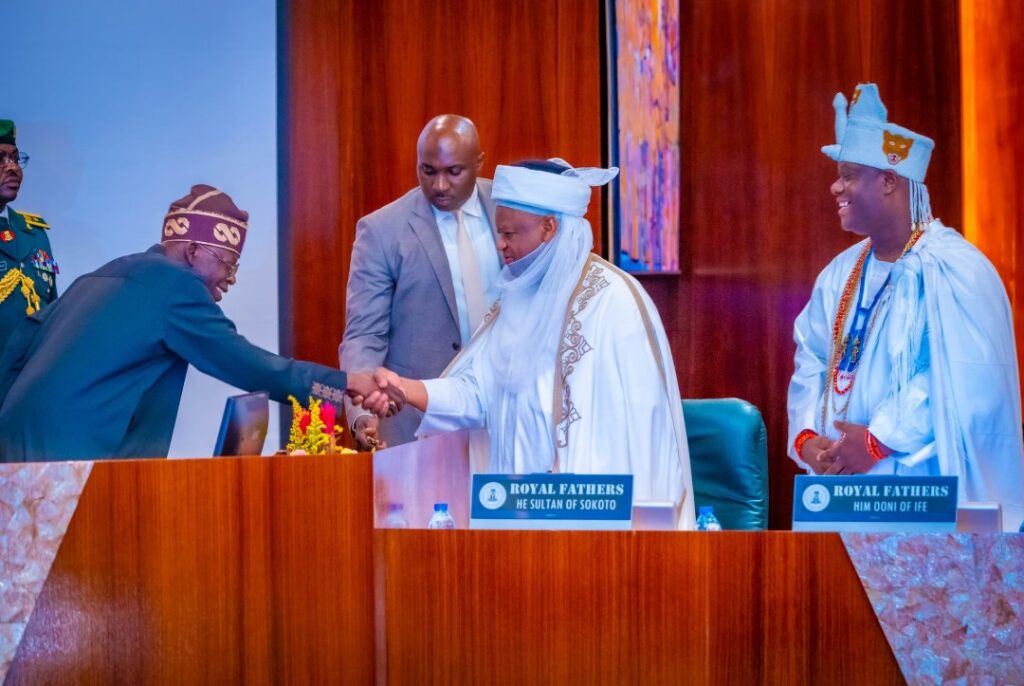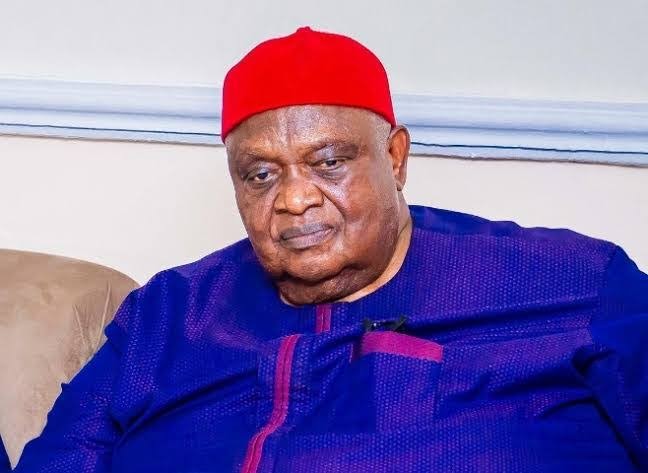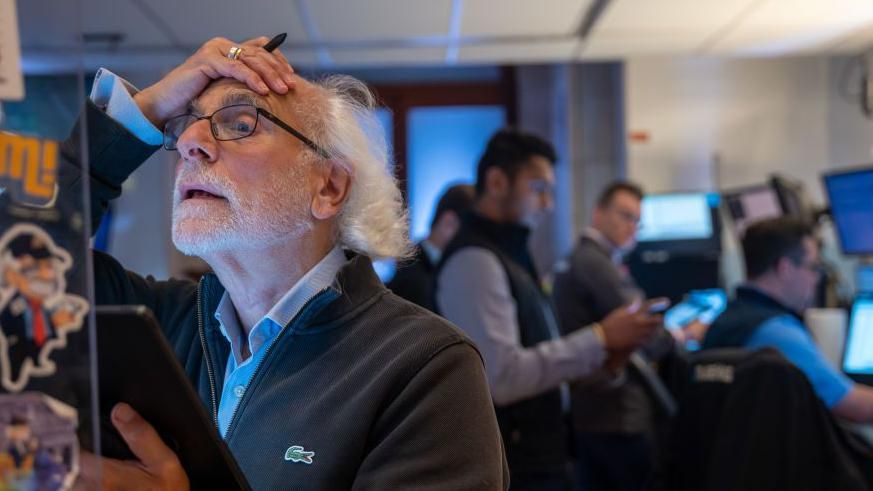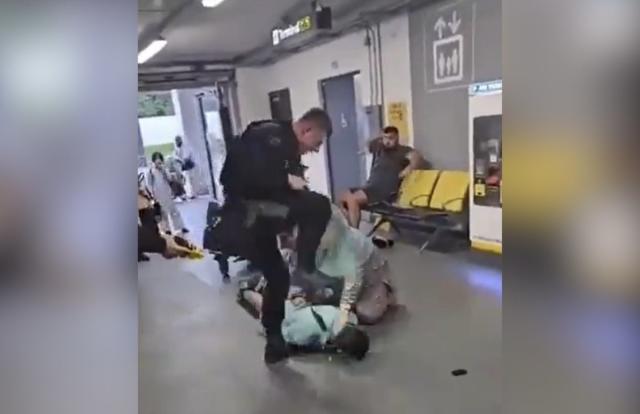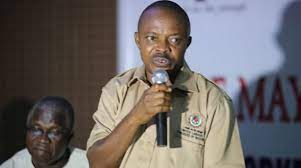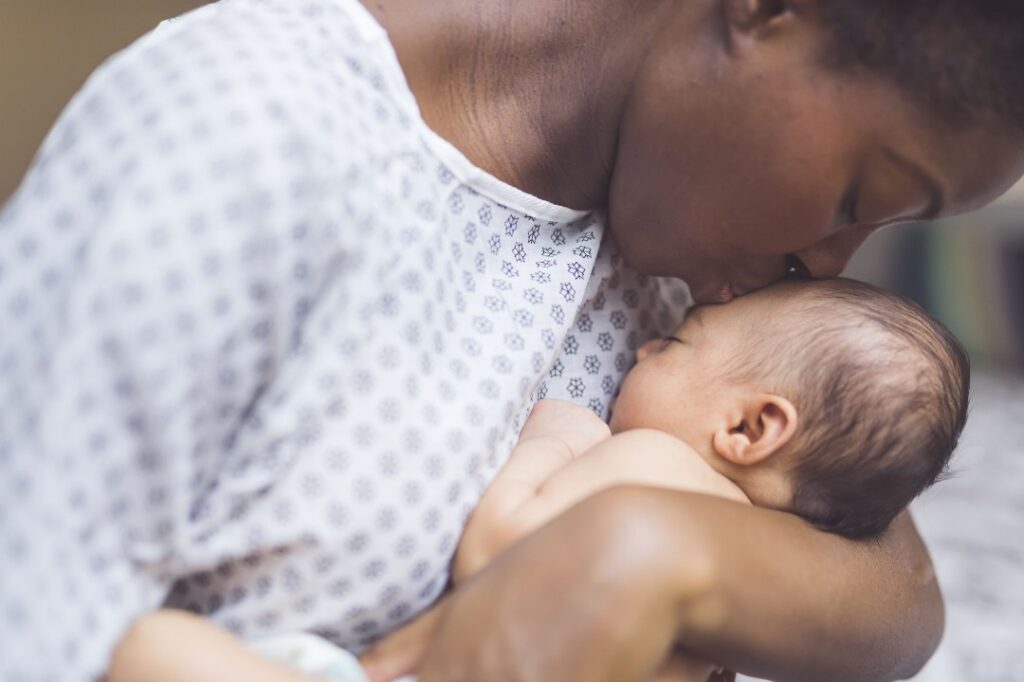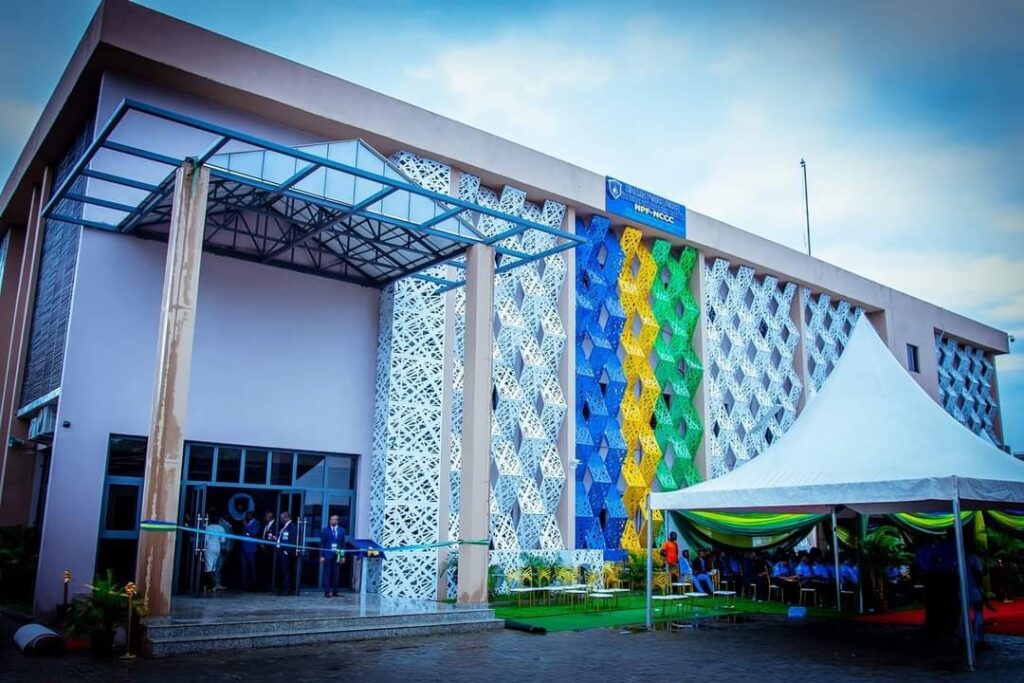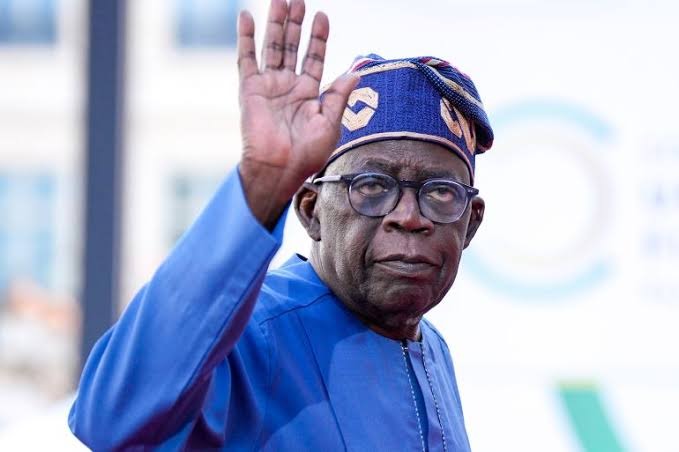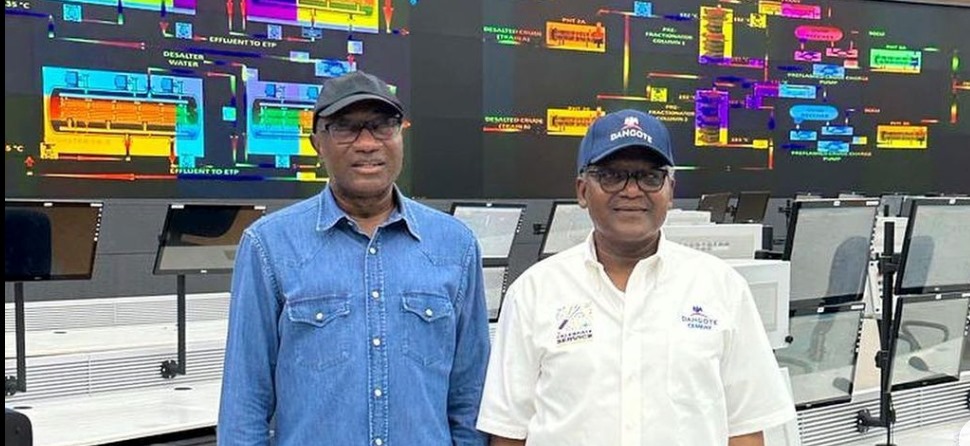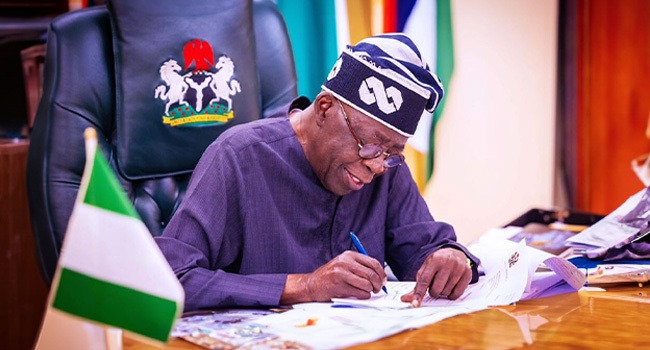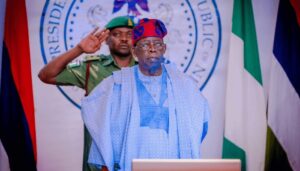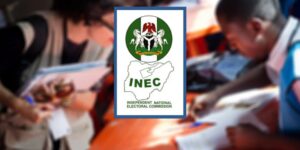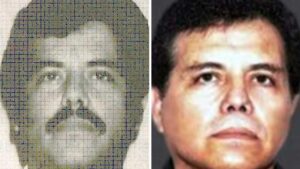President Emmanuel Macron has described the recent riots in the French-Pacific territory of New Caledonia as an “unprecedented insurrection movement” that caught everyone by surprise.
During a visit to police headquarters in the capital, Nouméa, on Thursday, Macron acknowledged that the coming days and weeks would be challenging but affirmed that Paris would “go until the end” to restore order.
The unrest, triggered by a controversial electoral reform, has resulted in the deaths of six people, including two police officers, and left hundreds wounded amidst riots, looting, and arson.
New Caledonia, a group of islands located between Australia and Fiji, has been a French territory since the 19th century. Tensions have long simmered between the central government in Paris and the indigenous Kanaks, who make up about 40% of the archipelago’s population.
Kanak protesters fear that a new law granting voting rights to French residents who have lived there for more than 10 years will dilute the influence of the indigenous population.
The violence, which began on May 13, is the worst the region has seen since the 1980s.
A state of emergency has been declared, and President Macron has announced that a 3,000-strong force deployed from France will remain in New Caledonia, even during the Paris Summer Olympics if necessary.
After a 24-hour flight from Paris, President Macron arrived in Nouméa, emphasizing his desire for the swift return of peace, calm, and security. “That is the absolute priority,” he stated.
Macron paid respects to the victims of the riots and met with local political and business leaders, including separatist leaders who expressed hope that the summit could “breathe new life” into discussions with France.
Macron acknowledged that the most delicate issue was the political future of New Caledonia, as reported by the BBC’s Australia correspondent Katy Watson, noting the significant challenge ahead for the French leader.
Since the violence began on May 13, police have detained 269 people, and New Caledonia remains under a state of emergency. However, Macron suggested that the emergency status might soon be lifted, stating, “I personally believe that the state of emergency should not be extended.”
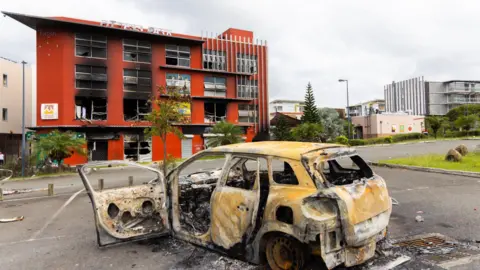
New Caledonia, home to about 300,000 people, includes 112,000 indigenous Kanaks. Under the 1998 Nouméa Accord, France agreed to grant the territory more political autonomy and restrict voting in provincial and assembly elections to those who were residents at that time.
Since then, over 40,000 French nationals have moved to New Caledonia. Last week, the National Assembly in Paris proposed extending voting rights to French residents who have lived in the territory for 10 years. This measure, requiring a constitutional amendment, still faces significant hurdles.
The Nouméa Accord allowed for three referendums on New Caledonia’s future, all of which resulted in rejections of independence. The first two referendums showed slim majorities for remaining part of France. The third, held in December 2021, was boycotted by pro-independence parties due to the Covid pandemic.

